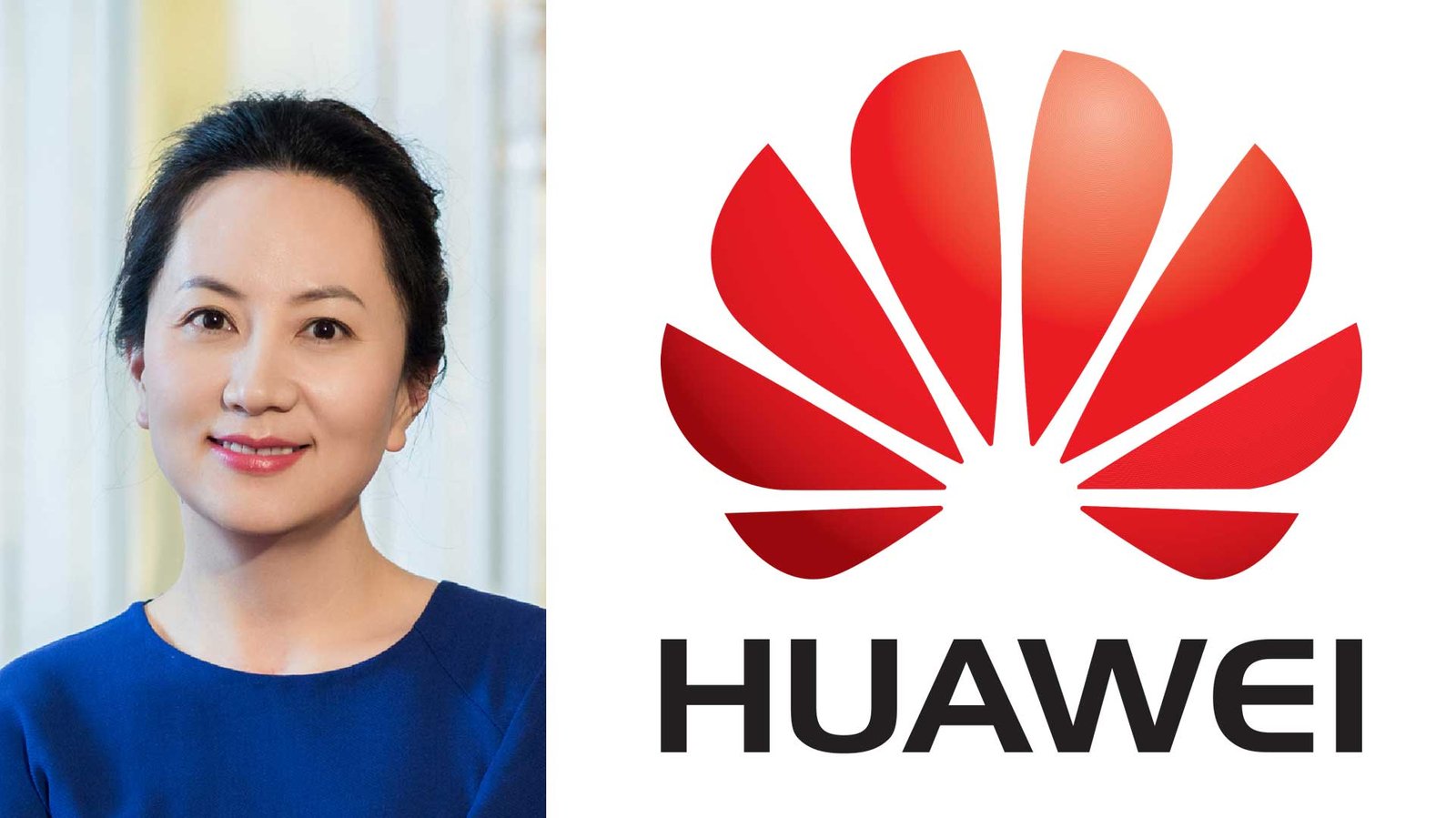In 2018, the government of Donald Trump decided to reinstate the sanctions imposed on Iran, by means of executive order number 13,846 dated August 6, 2018. Previously, the sanctions had been lifted after the installation of the Joint Comprehensive Plan of Action, signed in October 2015, where the implementation of a peaceful nuclear program by Iran was guaranteed.
Possible extradition of Huawei's chief financial officer
As part of the actions subject to legal consequences, according to the document, are those related to the blocking of support to the Iranian government, its purchases or the acquisition of American bank notes or precious metals. In this sense, those who have materially supported or sponsored the Iranian government, provided technological material through services or goods will be subject to legal proceedings. It is for this reason that the CFO of the multinational Huawei was requested by the U.S. government to initiate the extradition process from Canada, where Men Wanzhou currently resides.
Extradition is a judicial process through which a State makes a formal request to another State for a person accused of a crime who has been detained in another country as a result of an international arrest warrant, with the intention of prosecuting him or her or continuing a sentence already imposed in the case of trials in absentia or absconding. It is regulated by international treaties and the laws of each country, since in order to be effective it is necessary to sign international agreements that protect this figure between the nations involved.
The weight of U.S. sanctions
The sanctions contemplated by the measure taken by the United States in August 2018 also require the legal procedure before accounts payable related to the Iranian automotive sector, oil exchanges with this country, transactions with the national currency and technological transfer to commit Human Rights abuses or censorship.
Among the penalties established for the aforementioned crimes is the prohibition of U.S. financial institutions from making loans or providing credit for more than US$10 million to those who have committed one of these crimes, except that such person is engaged in activities that alleviate human suffering and that such loans and credits are used for such purposes. Likewise, the prohibition of any transaction in foreign currency that is subject to U.S. jurisdiction, as well as any credit or payment transaction between financial institutions, is also prohibited.
The blocking of any property or interest located in U.S. territory and the restriction of imports of goods, technologies or services are also among the possible punishments stated in the document.
At the moment, the lawyers of the CFO of the multinational Huawei have obtained a provisional release on bail and sued for the alleged breach of the human rights of the accused by being abruptly arrested and interrogated for three days, likewise, the Chinese government has spoken out indicating that it is a political retaliation against the leading companies of their country by the Trump government.
At ALAN ALDANA & ABOGADOS, we are confident that the judges of the Canadian courts will be in the right to settle the extradition request only in accordance with the principles of the extradition treaty between both countries, enhancing and guaranteeing the fundamental rights, without validating a possible violation of the principle of non-interference established in the San Francisco Charter.













